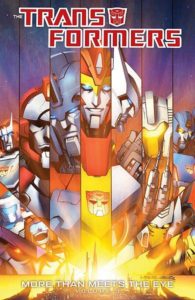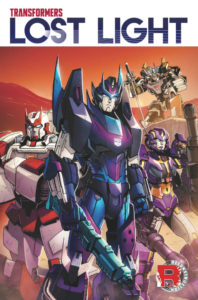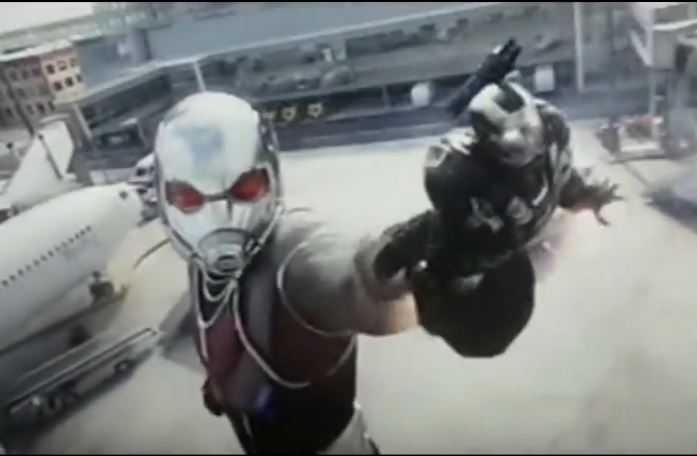 When a new movie comes out, or a new toyline releases, or a new TV show takes off, it’s common to see plenty of licensed merchandise on store shelves, hoping to cash in on the “hot property” of the day.
When a new movie comes out, or a new toyline releases, or a new TV show takes off, it’s common to see plenty of licensed merchandise on store shelves, hoping to cash in on the “hot property” of the day.
Most of us have probably encountered “hack” novelizations of movies, toy tie-in kids’ books, direct to video sequels….and sometimes feature films themselves which count on popular characters with established fanbases to put butts in movie seats, even if the movie itself is awful.
A major piece of advice I got at Superstars Writing Seminars was never to turn in a “hack” job on anything. If you’re hired to write purple unicorns, no matter how stupid you think purple unicorns are, you turn in the best purple unicorn story you can.
Your name as an author–the foundation of your writing career–needs to be tied to quality work. Don’t get a reputation as a “hack.” Get a reputation of turning in a great story, even if it’s about a concept that you (or other people) might think is silly.
You might be surprised where it leads. 
James Roberts, the writer of Transformers: Lost Light and its prequel series, Transformers: More than Meets the Eye, has won (well deserved) awards for his fascinating, multilayered, inclusive, comic-and-tragic sci-fi storytelling. It’s everything the feature films aren’t.
My Little Pony: Friendship is Magic is beginning its eighth season soon. Along with great all-ages comics, a feature film and a spinoff series, MLP: FIM has expanded the My Little Pony brand to all manner of fans who’d never have thought twice about ponies when the show first started.
The Marvel Cinematic Universe has built an empire on one-time “B-list” characters whose rights no film studio wanted. (Black Panther is magnificent.)
None of those success stories would have happened if the creators involved had turned out the minimum effort, taken their paycheques, and gone home.
Make the most of your opportunity. Respect the franchise you’re writing for. And build the kind of reputation you want.
About Mary:


 After the movie, we started talking about the parts we liked most; my teenage girls really enjoyed Captain America holding Bucky’s helicopter so he couldn’t take off and my tween son thought Ant-man going giant was pretty awesome. But then my college-daughter expressed how Iron Man had the right of it. Captain America should have just signed the accords. I disagreed. They were too stringent and would get the Avengers caught up in too much red tape. We argued all the way home and it only escalated. Ridiculous, right? And yet, this movie evoked thought, emotion, and real-world comparisons. Which is one of the reasons that I will call Civil War great art.
After the movie, we started talking about the parts we liked most; my teenage girls really enjoyed Captain America holding Bucky’s helicopter so he couldn’t take off and my tween son thought Ant-man going giant was pretty awesome. But then my college-daughter expressed how Iron Man had the right of it. Captain America should have just signed the accords. I disagreed. They were too stringent and would get the Avengers caught up in too much red tape. We argued all the way home and it only escalated. Ridiculous, right? And yet, this movie evoked thought, emotion, and real-world comparisons. Which is one of the reasons that I will call Civil War great art.